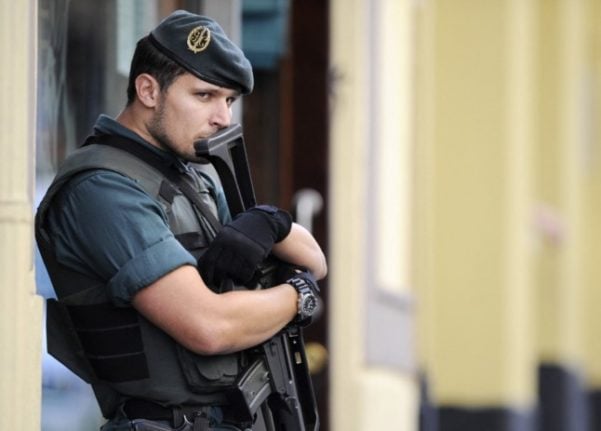The case landed before judges in Frankfurt when plaintiffs claimed a firm offering anti-hangover “shots” and drink powders to mix with water was making illegal health claims.
The court ruled that since a Kater (hangover in German) is an illness, a food company can't make claims to heal it.
READ ALSO: Ten very weird German rules or laws
“Information about a food product cannot ascribe any properties for preventing, treating or healing a human illness or give the impression of such a property,” the sober ruling from the superior regional court read.
“By an illness, one should understand even small or temporary disruptions to the normal state or normal activity of the body” — including the tiredness, nausea and headaches the company claimed its product could polish off, they added.
In fact, doctors have long since coined the word “veisalgia” as a specialist medical term for the morning after the night before, the judges noted.



 Please whitelist us to continue reading.
Please whitelist us to continue reading.
Member comments